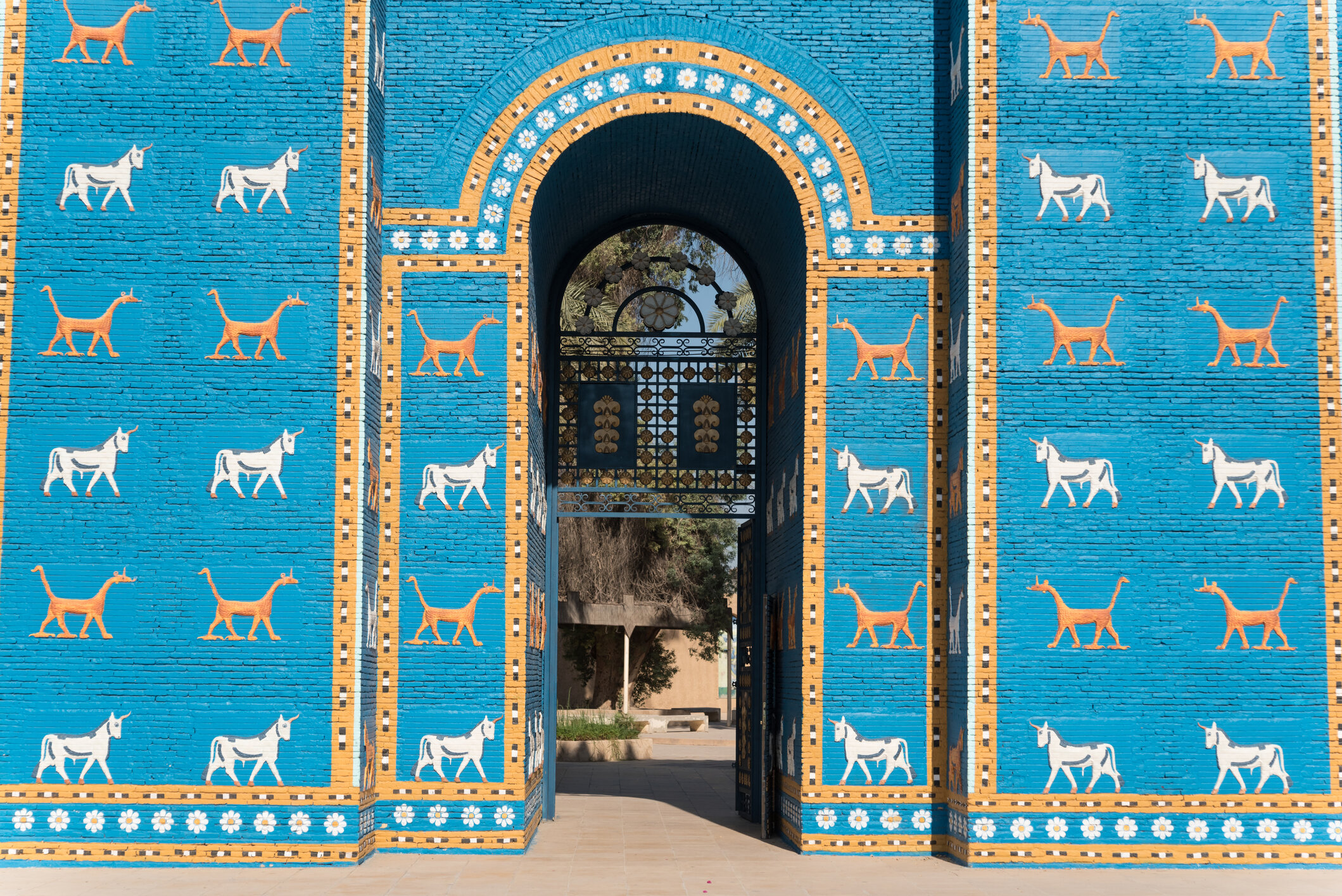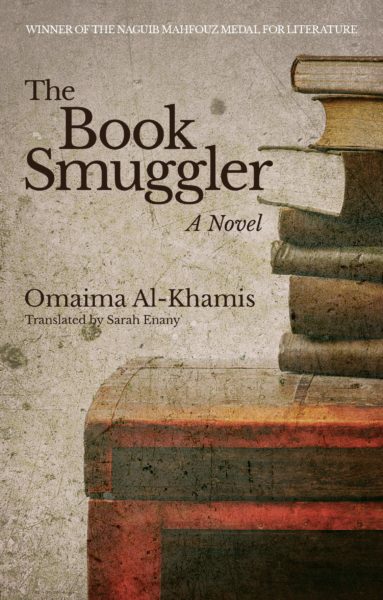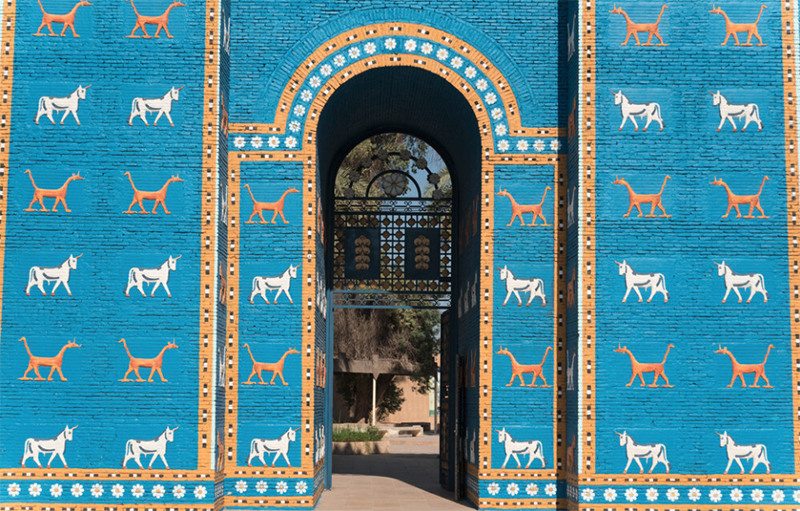
The Book Smuggler, a novel by Omaima Al-Khamis
Translated by Sarah Enany
Hoopoe 2021
ISBN 9781617979989
Eman Quotah
There is an Arabic word my dad uses when he wants to admonish the members of his family. It means, roughly, foolish person, and is usually preceded by ya. As in, “Ya hambooli,” why are you acting this way? I’ve never heard anyone outside my family use the word hambooli (and Google Translate certainly doesn’t recognize it).

For a long time, I wondered if that was because it was an old-school Meccan word my dad’s family carried with them when they migrated to Jidda in the 1970s. Sometime in adulthood, a thought struck me: What if the word was actually hanbooli? And what if it were derived from Hanbali, meaning a person who follows Imam Ibn Hanbal’s school of thought, often considered an inspiration for Wahhabism (though that is disputed)?
My family is Hanafi. What if hanbooli were a mild slur from a time when the four schools of thought each had thought circles in the Masjid al-Haram in Makkah? When the inhabitants of what is now Saudi Arabia were not forced, at least in public, to practice one version of Islam? When their thought was less policed, and therefore, perhaps, there was more freedom to consider the adherents of a rival school of thought synonymous with fools?
I still don’t know the true the origin of my dad’s word. But I thought a lot about the freedom to debate, and to slur, other Muslims — as well as what it would mean to create an inclusive, but not white-washed, Islamic history — while reading Omaima Al-Khamis’ Naguib Mahfouz Medal for Literature-winning novel, The Book Smuggler. Originally published in Arabic as Voyage of the Cranes in the Cities of Agate in 2017, the book was released in the U.S. in April in an English translation by Sarah Enany. Saudi novelist and journalist Al-Khamis sets her story in the early 400s AH, which correspond to the turn of the Christian millennium. We follow the “desert Arab” Mazid al-Najdi al-Hanafi as he travels from his birthplace, Hijr al-Yamama in the Arabian Peninsula, to the capitals of the Muslim world — Baghdad, Jerusalem, Cairo, Granada, Córdoba — in search of knowledge. Everywhere he goes, he finds intellectual debates about the nature of God, free will, fate, and the meaning of life. He also witnesses violence and strife among people of different philosophical views, sects and religions, and he observes despotic leaders who condemn, control and destroy those they disagree with.
Mazid is the son of a camel trader and the grandson of an imam, a Hanafi Sunni at a time when al-Yamama is ruled by Bani Ukhaydar, a Shiite clan. His grandfather says prayers for the descendants of Imam Ali Ibn Abu Talib, “as Shiites do,” Mazid recalls, but does not curse the Caliph Muawiya, who founded the Umayyad dynasty after conflict with Imam Ali.
“(W)ere we Shiite or Sunni?” young Mazid wonders. Throughout the novel, Al-Khamis embeds small moments like this that illustrate the possibility not just of coexistence, but of an Islamic identity that transcends sectarian boundaries, an idea she introduces as “a status between two statuses.”
“Al-Khamis’ singular imagination shines through in this erudite and sensual tale that captures a complex moment in Islamic history.”— Eman Quotah
Mazid first comes to love books in his grandfather’s reception room, so much that he contemplates using a leatherbound tome as a pillow. After his grandfather’s death, and despite his mother’s resistance, he sets off for Baghdad to explore the city’s discussion circles, book markets and libraries, and even its bars.
Al-Khamis creates an intricately realized historical world full of sensory details. Mazid’s route to Baghdad takes him through Basra, where he embarks on a riverboat:
With the morning mist, steam still rising from the river reeds, we boarded a narrow dinghy, twenty arms’ lengths long, of the type called a flier, to take us to the ship, which could not make it as far inland as Basra. The river route from Basra to the city of Basit, which we would pass by, branches into three, and the water coming from upriver all empties out before arriving at Basra into marshlands and swamps called al-Bata’ih. When the ships arrive, they unload their cargo onto small boats that can traverse this portion, which splinters into narrow channels choked with interlaced reeds. Among these channels were huts for the guards, their windowless shapes like beehives.
Descriptions like this give the book the feel of a travelogue, but al-Khamis is just as interested in portraying medieval urban Islamic society and its clashes of ideas. In Baghdad, Mazid settles into the boardinghouse at Khan al-Hashimi, a bustling inn full of craftsmen’s workshops, “spice stores, perfumers, potters and sellers of fabrics and carpets.” He befriends Hassan, an Egyptian student with a penchant for wine. And he becomes a disciple of and scribe for Imam Muhammad al-Tamimi, a follower of Imam ibn Hanbal, despite being warned away from the Hanbalites because of their supposedly heretical belief that God takes a tangible form. That God has feet!
This is a city where the Captain of the Guard storms a mosque on horseback, accusing al-Tamimi of defiling God’s house with heresy, while his horse shits on the floor. Where a Shiite blacksmith is beheaded in his stall at the khan. Where the works of “heretic” philosophers like Aristotle and al-Kindi, the “father of Arab philosophy,” must be smuggled away like contraband.

With crates of these books, Mazid leaves Baghdad as a Voyager, a member of the “Just Monotheists,” rationalists who go in search of likeminded souls eager to buy works of philosophy. Baghdad has become too dangerous, he believes, but the other cities he sets down in for a time are filled with peril, too. In Jerusalem, Mazid joins Christian worshipers as they mark Easter in a church ruined by the city’s ruler. In Cairo, no one may buy or sell raisins or dates and women are prevented from leaving their homes. When citizens speak out against the despotic ruler, his troops sack Christian and Muslim neighborhoods alike, killing thousands and scalping victims. Córdoba, Mazid’s final landing place, is full of spies.
Yet in each place, Mazid also finds those who seek wisdom and truth and argue for the dignity of all humans, regardless of religion or sect.
At times, I felt I needed a deeper understanding of Arab philosophy and Islamic theology to understand the nuances of this book. But a pleasure of The Book Smuggler is the many stories Al-Khamis weaves throughout, leaving us to ponder the truth behind them. The story of Uthman ibn Affan’s Qur’an, which may or may not be stained with his blood. The owl that fasted and wept after Imam al-Husayn’s death. A man cursed after killing a deer who is really a woman. The cranes who avenge a poet’s death. The murderous minister who buries trunksful of embezzled funds, and his victims, in the desert. The father who sends his son to make a fortune, yet the son comes back penniless, having spent his money on knowledge, with nothing left even for groceries.
This layering of stories gives the novel the texture of fable and an appeal that overcomes the limitations of translation. I wished the translator had avoided stilted language meant to approximate, I suppose, medieval modes of speech, like, “I know not.” And the translation struggles to convey the poetry and wordplay that clearly inhabited the original Arabic prose. The swapping of the novel’s original rhyming title — a nod to historical Arabic titling convention — for the clipped and less narrative The Book Smuggler is one example. Another comes when Mazid makes his way to the casbah of Khayran al-Amiri, the Prince of Almeriá in Andalusia, bearing several smuggled volumes. In that moment, he thinks, “The books had only brought me good things since I had encountered them, and here I was going to two good things — since Khayran is the Arabic for ‘two good things.'” The clumsy explanation robs the prose of any sort of rhythm and Mazid of his native pithiness.
Still, Al-Khamis’ singular imagination shines through in this erudite and sensual tale that captures a complex moment in Islamic history. Born in Riyadh, Al-Khamis studied literature in Saudi Arabia and the United States and spent ten years as director of educational media in the Saudi Ministry of Education. One might want to comb the text for parallels to modern Saudi society, and to brand the novel as either a critique of the state or a work of state-sanctioned literature. The roving Hanbalis in Baghdad and their comeuppance, for example, could be seen as stand-ins for Saudi Arabia’s recently diminished religious police.
Yet I would argue that Al-Khamis is in conversation with Arab and Muslim philosophers and storytellers across national borders and the ages. She dedicates her novel to Wasil ibn Ataa, the founder of the Mutazilite rationalists in the 8th century AD, and 20th century Moroccan thinker Muhammad Abid al-Jabri, who argued for a form of homegrown Arab democracy with roots in the concept of shura, or consultation.
Mazid’s travels ultimately lead him to the discussion circle of a female thinker and preacher, Bahaa al-Zaman. By this point in the story, he has married Zahira, a Shiite Persian beauty and dancer descended from Zoroastrians, whom he first encountered in Baghdad. He drags her to Sheikh al-Zaman’s discussion circle — held not in the women’s section of Córdoba’s Great Mosque, but out in the open, with men and women in attendance.
The freedom of the mind Mazid and his wife find with Sheikh al-Zaman is short-lived, and the novel ends in sorrow. Elias Khoury says, “Literary Arabic writing is tattooed by prison,” and that statement holds true for The Book Smuggler. Is there anything more foolish than imagining books can grant freedom when the ideas they hold are so contested?
Omaima Al-Khamis was born in Riyadh, Saudi Arabia in 1966. A prolific writer, columnist, critic, social reformer, and women’s rights activist, she has published novels, short story collections, opinion pieces, and children’s books. The Book Smuggler, her fourth novel, won the Naguib Mahfouz Medal for Literature, and was longlisted for the International Prize for Arabic Fiction, both under the title, Masra al-gharaniq fi mudun al-aqiq (Voyage of the Cranes over the Agate Cities). It is her English language publishing debut. She lives in Riyadh with her husband, two sons, and daughter.
Sarah Enany is a literary translator and a professor in the English Department of Cairo University.


